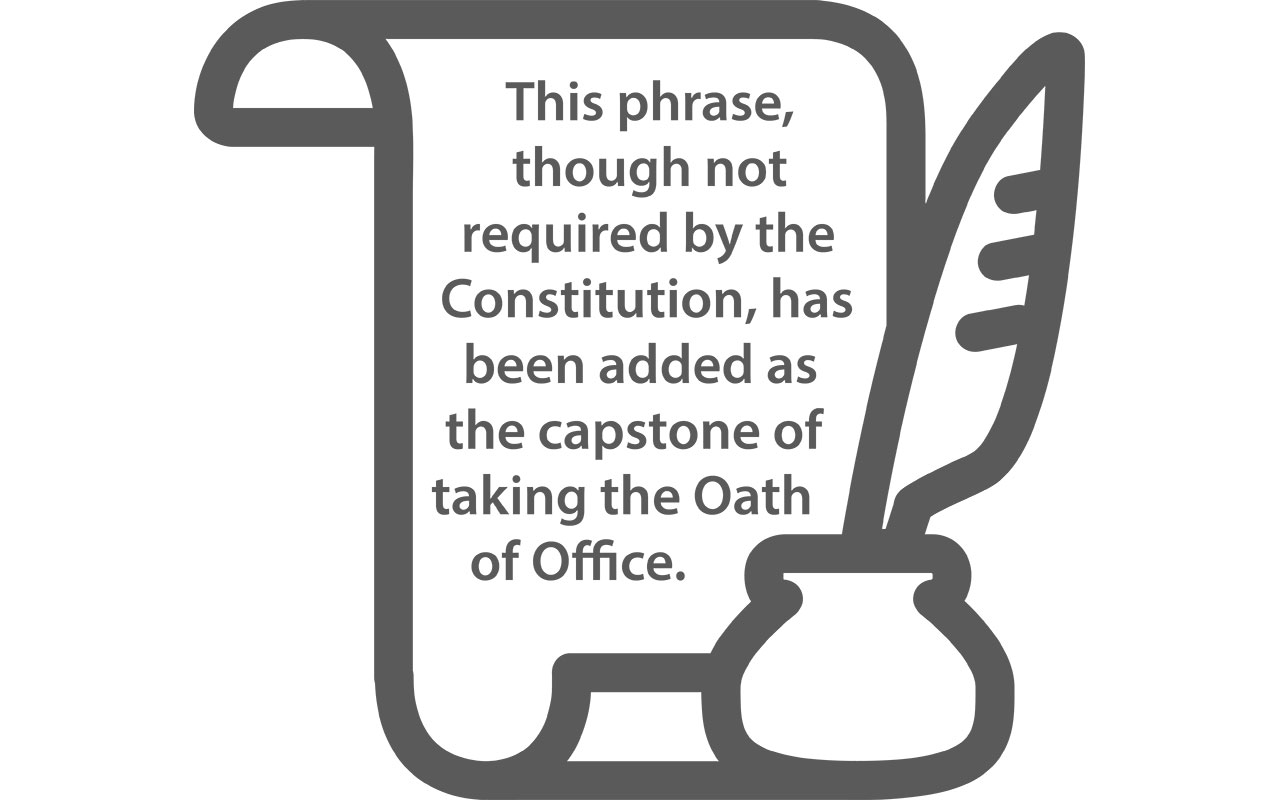Next January, the newly-elected President of the United States will stand forth and say these words:
“I do solemnly swear that I will faithfully execute the Office of President of the United States, and will to the best of my ability, preserve, protect and defend the Constitution of the United States. So help me God.”
Of the 44 U.S. Presidents, many have said these words with one hand raised and the other placed on the Holy Bible, with witnesses present. From mayors to Congressmen, Senators to Presidents, all elected officials step into a place of public trust.
As we move closer toward November, however, past and present character issues related to the integrity of candidates—including presidential candidates—persist. The conversation seems to have moved from, “who is the best person to be President?” to “who is the least bad?”
Some, in order to alleviate our consciences, say things like, “Well, we’re not calling a pastor-in-chief,” in order to dismiss major character flaws of people running for president.
Now, America has had its fair share of men in the White House with flaws. It was not always people worthy of admiration like George Washington, “The Father of His Country,” and “Honest Abe” Lincoln. We’ve had a number of men whose reputations devalued the integrity connected to the White House.
Yet this conversation about “who is the least bad” should cause us to step back and examine what this says about us as a nation.
To do so, let’s look at some of the words in the Oath of Office. The first word is “solemnly swear.” As Christians, we are taught not to swear in vain or make vows hastily (Prov. 20:25, Eccl. 5:5, Matt. 5:34), so to make a public oath like this is serious business.
The second is “faithfully execute the Office of President,” which means this person is stepping into a time-honored and constitutional role that must be lived out faithfully, not made up on the fly.
The next key words are “of the United States.” Other honorable nations throughout history have had leaders—Britain with its Kings and Prime Ministers, France with its emperors, Rome with its Caesars. In the United States, we follow in the path of George Washington, the first citizen-leader of this great nation.
Next, we see that the President will, to the best of his or her ability, “preserve, protect and defend the Constitution.” This office is not a dictator or monarch. It is a Constitutional role, bound by the limits of the U.S. Constitution.
Last we hear those words, “So help me God.” This phrase, though not required by the Constitution, has been added as the capstone of taking the Oath of Office. It signals a humble recognition that God’s help is requested—no, is needed—in this grand endeavor. It is also an admission that even the highest office in the land is subject to God.
As we continue to hear about character flaws, sins and scandals related to the people vying for the White House and other offices, it’s a good time to step back and consider this. When you look at the various candidates—Republican, Democrat, Libertarian, Independent—who seems the most ready to take on, with integrity and honor, this role of President?
Now is the time, not to explain away past or present character flaws and issues of integrity. Instead it is the time to raise the bar of expectations for each and every candidate. This is a sobering time for America, as well as a time to pray deeply about the decisions we make. So help us God…





